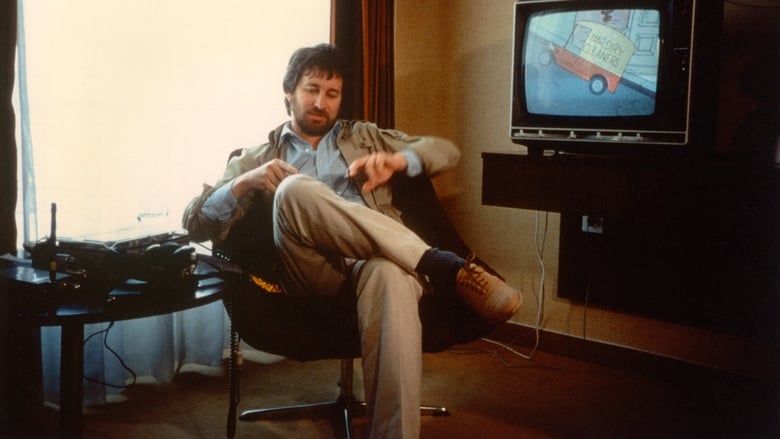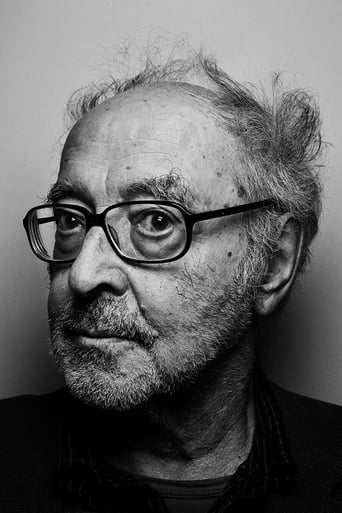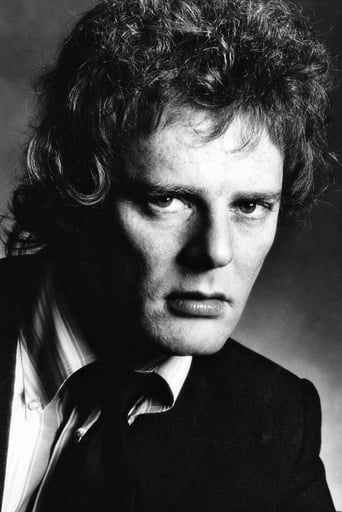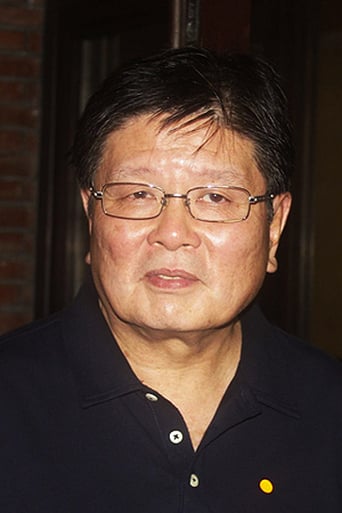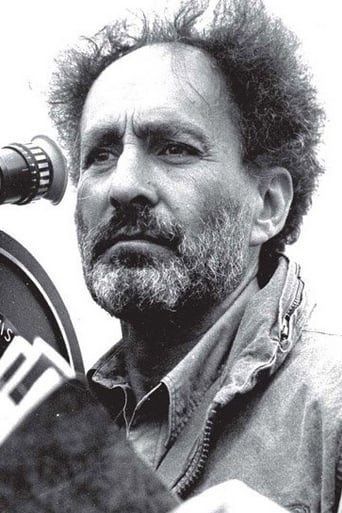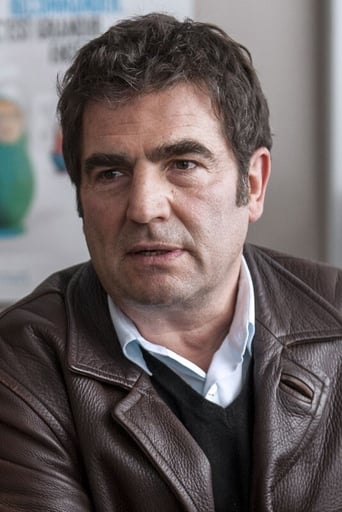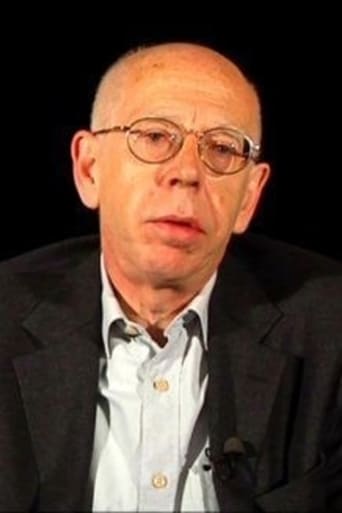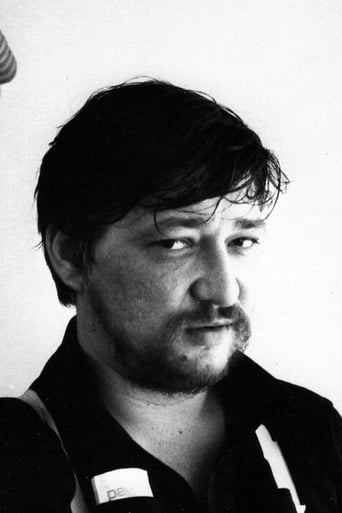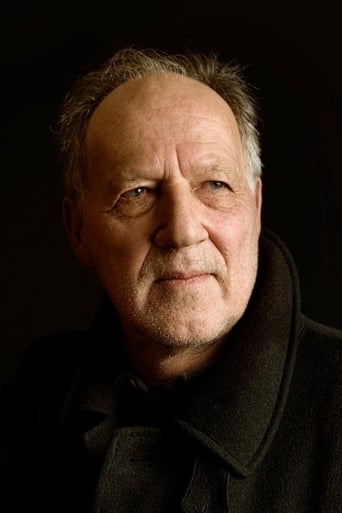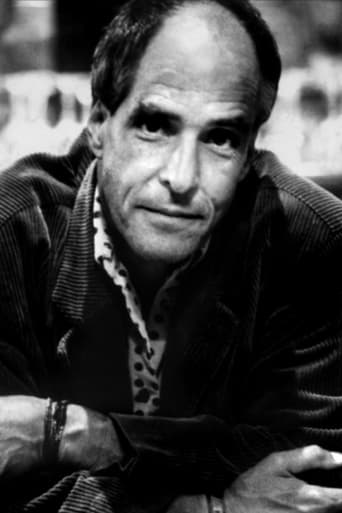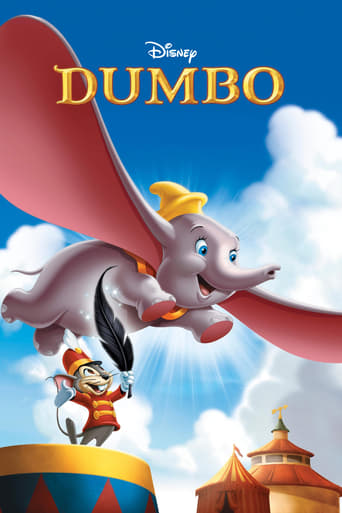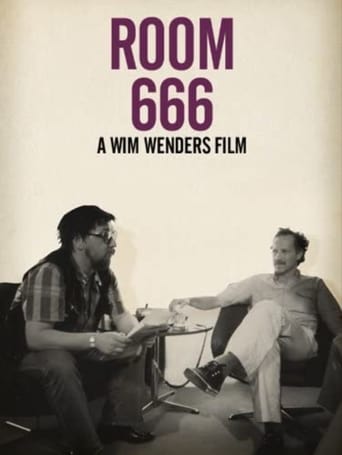
During the 1982 Cannes Film Festival, Wenders asks a number of global film directors to, one at a time, go into a hotel room, turn on the camera and answer a simple question: "What is the future of cinema?"
Similar titles
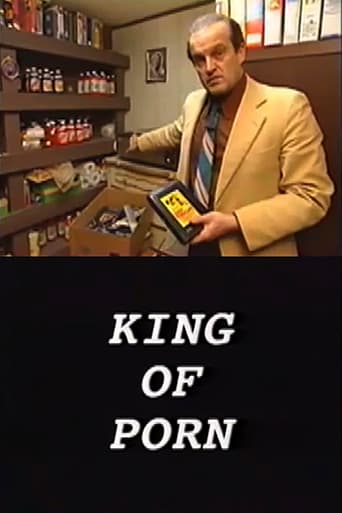

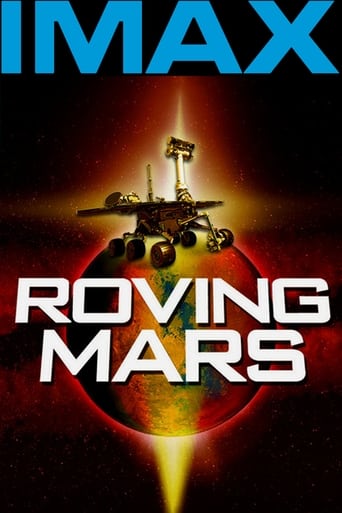
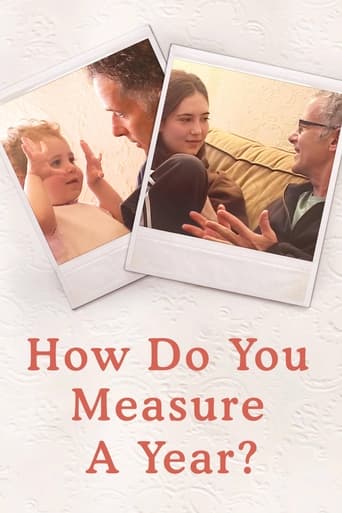

You May Also Like
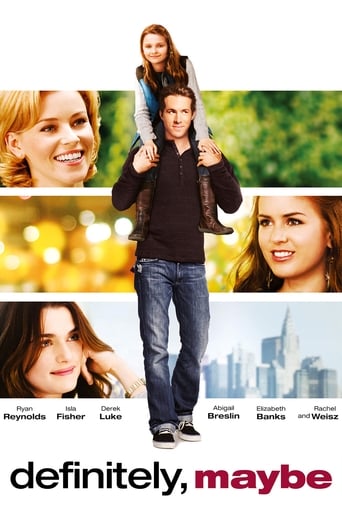
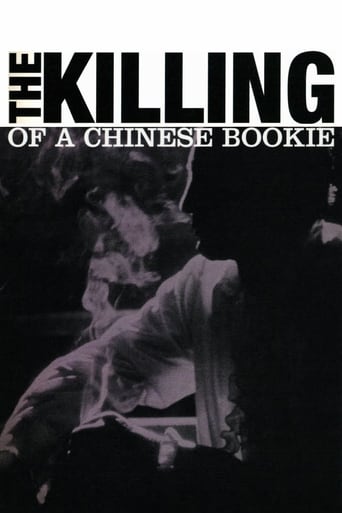
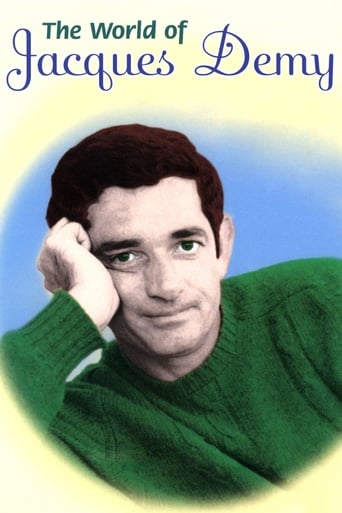



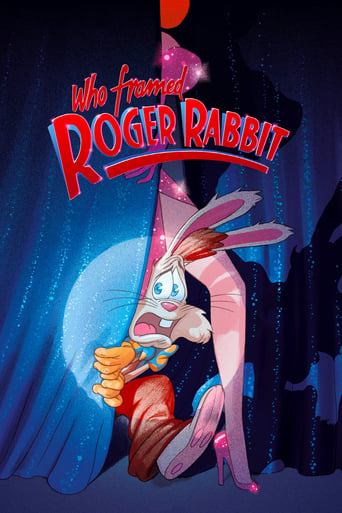
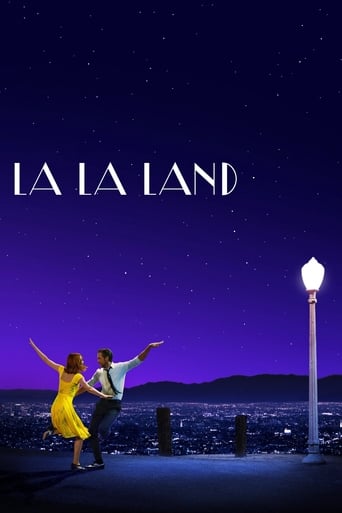
Reviews
Simple and well acted, it has tension enough to knot the stomach.
It's funny watching the elements come together in this complicated scam. On one hand, the set-up isn't quite as complex as it seems, but there's an easy sense of fun in every exchange.
It’s not bad or unwatchable but despite the amplitude of the spectacle, the end result is underwhelming.
I didn’t really have many expectations going into the movie (good or bad), but I actually really enjoyed it. I really liked the characters and the banter between them.
"Chambre 666" or "Room 666" is a 45-minute documentary movie from 1982, which will have its 35th anniversary next year. The director is Wim Wenders and he made this fairly short film at the Cannes Film Festival. He used the fact that several fairly famous filmmakers were present and managed to get them into a room one-by-one. On a note they read a question, namely what they think about the future of cinema and how things will develop in the next years/decades. Wenders also can be seen briefly near the end when he introduces a Turkish filmmaker who could not be present, but has submitted an audio message. I liked quite a lot how Wenders left the screen after showing us a photo of the man talking. I don't want to say all the filmmakers you see in here, you can check it for yourself in the list here on IMDb, but it's all about what they say and how they say it. Some sit down all the time, some keep moving, everybody has their way of telling us his thoughts. Some talk very briefly (like Fassbinder who died not much later), some talk a whole lot (like Godard early on). Wenders included filmmakers from all kinds of countries and also women filmmakers. This is certainly an interesting watch to see how people saw the medium of film and how they thought it would progress. I do think sometimes it is too specific though for general audiences, but aspiring filmmakers or people who study in the art of filmmaking should really check it out. I enjoyed the watch for sure. Very simple premise, very effective outcome. Make sure you get subtitles as all the filmmakers speak in their respective language.
The movies are dying? This art form will cease to exist someday? What's the future of movies? And what do movie makers think about all this? See some of the answers in "Chambre 666" documentary directed by Wim Wenders in 1982, inviting film directors from all over the world to answer these questions, give their own opinion on the matter while attending the Cannes Film Festival of that year. A hotel room, a tape recorder, a paper with the questions and a camera rolling is all that there is. The directors come in and try to explain themselves in the best possible way according to their beliefs. Between the guests are Jean-Luc Godard, Paul Morrissey, Ana Carolina, Steven Spielberg, Rainer Werner Fassbinder, Werner Herzog, Michelangelo Antonioni and Wenders himself appear to explain why the director of "Yol" Yilmaz Güney couldn't attend the call and film his statement but he recorded through audio. They've got ten minutes each to answer the questions but the majority preferred to not speak so much (Godard might be the only one who used all the given time).Trying to keep your curiosity alive I'll only make short explanations of what some of them had to say. The greatest contributions came from Herzog and Antonioni, they said things about the ways of technology and how they might influence peoples lives. The director of "Aguirre", before quoting about his optimistic view on films, made a whole ritual before giving his reply, taking off his shoes, socks and turning off the television (no one did that!) present there. Seeing this now we can only think that Herzog was wrong with one thing: people will stop to live their lives and succumb to the technologies, online shops and all, avoiding whatever what's out there. He said the opposite would occur. The other testimonies are either too short or too confusing, or ingenuous, or too simplistic. I don't feel that anyone really answered this thoughtful doubt because this is completely subjective, hard to explain, can't be answered at all.Godard got moronic while presenting his views; the female directors only emphasize about the passion about making films, if that still exists then the movies shall not die; Fassbinder only changed the mood in the room and in the film and got me real confused. By mood I mean when he entered in the room Wim's edition of the film cuts off to an exterior shot with a tense music along. Strangely enough, this would be one of his last interviews, he would die a few months later taking with him German's New Cinema.One good interview came from the 2nd director, and his reflection that just like many other art forms that at that time were dying or reduced to occasional resurrection, films are also going through the same way. I agree with that. There aren't many good movies anymore, worst, there aren't movies with a message to be sent, art films that are worthy of our time and money, and the masses are only interested in the blockbusters, movies to be consumed. Hollywood feeds us with that all the bloody time! Then comes Spielberg to open your eyes to that fact but frankly what he has to say is quite naive and hypocrite. "I'm not responsible for that" says the man who broke records with "Jaws" AND was promoting "E.T." in Cannes. Really? He changed the way Hollywood makes its system by giving special release dates, trying to predict what people want to see, money grabbing things filled of special effects. His best insight is when he talks about the studios lack of concern for storytelling, they only want the money they spent getting doubled, and most of the time they idealize the "perfect movie" that will join all kinds of public and make a big profit at the box-office. It's really hard to please everybody!So, this was in 1982, TV and videotapes were the only dominant trend among people, main cause for people walking off from the theaters. Today, we have mobile phones, internet, DVD, BluRay, TV is garbage (it's strange to see Herzog praising it with such quality here but two years earlier he seemed to hate its commercials, declaring holy war against Bonanza on "Werner Herzog Eats His Shoe"). It's fascinating to look back and see how their opinions weren't so prophetic, very few got it right and movies aren't dead...yet. Almost there.Judging the movie now. The idea was great, everyone should see it just to have some perspective and make up their own minds abut the intriguing and difficult questions Wenders makes. The concept is somewhat flawed though, uninteresting, tiring partly because most of the filmmakers don't talk about movies with passion, with love and even good will. Someone like Scorsese or Kieslowski here would be amazing, they would give positive and remarkable comments."Chambre 666" desperately needs a sequel. Wenders must call back all the directors who are still alive, show their interviews back in the 1980's and present what has changed, what they've got it right or wrong, give us new light on things and maybe predict another future for the movies. Keep this idea alive, Wim! 9/10
Wim Wenders was curious at the 1982 Cannes Film Festival about the future of cinema. At the time it was at the end, or just a change, in a time in film-making when it seemed like anything was possible. The 1970's saw New-Waves in America and Germany, plus some original talent from France (Akerman), Italy (Bertolucci and Wertmuller), and elsewhere, but by 1982 things seemed a little bleak, apparently. Commercialism was rising high, and Steven Spielberg's friend George Lucas was unintentionally leading the charge to a more Blockbuster-oriented cinema worldwide, relegating art to the 'art-houses'. So, Wenders brought in a bunch of filmmakers to talk, right to the camera, on their thoughts about the future in film, if there was one, what about TV, etc.We get two extremes of thought and response, actually, between two icons of cinema for different reasons: Jean-Luc Godard and Steven Spielberg. While Godard keeps looking at the letter, giving one an odd impression (he's the first interview) that he's just reading from the text and going on in messages that, yeah, film is screwed but it still is different from TV, Spielberg is more optimistic but cautious in making sure to take into account the finance of film, the figures. In-between these two figures, one an obtuse intellectual and the other a classic showman, we get a variety of thoughts and takes, some more pessimistic then others. One of the best interviews comes from Werner Herzog, who decides he must take off his shoes and socks before the interview because of the depth of the question (he also turns off the TV in the room, which no one else does).Sadly, we also see some of the decline right in the room. One of the titans of cinema from the 'New-Wave' period, Michelangelo Antonioni, thinks cinema can evolve but that it will probably die at some point because of new mediums like video (oh if he only knew). And another, Fassbinder, looks tired and bloated, giving a half-assed if interesting answer (he would die a couple of months later). Some others give a dour impression, like Paul Morrissey, but it's not altogether unhopeful words said. In fact what it amounts to, for Wenders, is a realistic assessment of cinema as it would progress in the 1980's and beyond: artists would have to be careful, or just be put into more constricting circumstances, as the medium expands and it changes the way people see movies.
Chambre 666 (1982) *** (out of 4) Wim Winders directed this somewhat interesting documentary filmed during the 1982 Cannes Fil Festival. Winders set up a camera in a hotel room and he'd ask various directors to come in and say what they thought about the future of cinema. Werner Herzog, Steven Spielberg, Michelangelo Antonioni, Jean-Luc Godard, Paul Morrissey and various others take part and offer their thoughts on the subject. The opinions very from Herzog not fearing the future to Spielberg showing high concern over the budgets of big movies, which are forcing studios to cut back on smaller films. It's funny because he speaks of being worried about the $10 million it took to film E.T., which he says could cost $18 million in a few years. It's also interesting to hear Herzog "predict" that one day you might be able to order movies through a computer or television. There's nothing technically good about this 45-minute film but it's interesting none the less.
Top Streaming Movies











